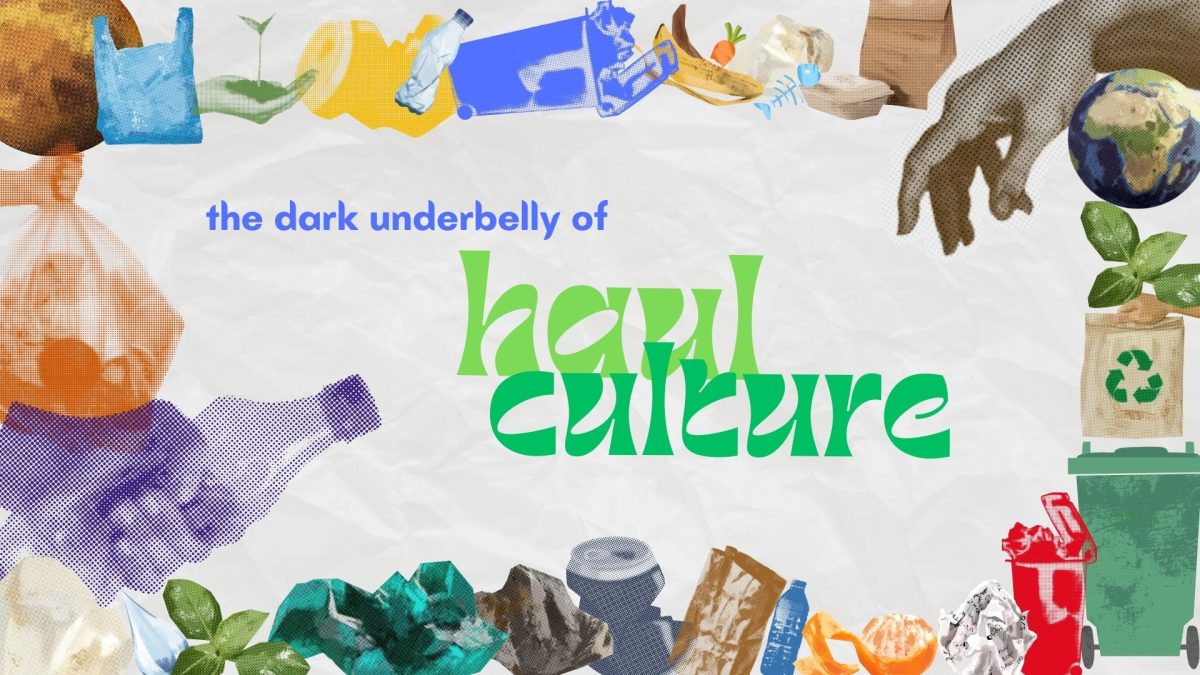As our new-found tradition of doom scrolling persists, one may likely stumble down the gaping rabbit hole of haul culture. In this online phenomenon, individuals showcase their recent purchases and material possessions through videos or photos. These collective “hauls” feature large quantities of physical products ranging from fashion, makeup, electronics, and devices to food and drinks. However, a darker undercurrent lies beneath the surface of the superficial illusions that these glossy, polished videos assemble. It isn’t all glitz and glamor in excessive hauls; some even argue that haul culture promotes overconsumption and over-the-top shopping sprees. In short, haul culture, the online embodiment of materialism, perpetuates consumerism, waste, and unrealistic expectations. Slowly but surely, society is being damaged by the unintentional effects of haul culture; it is imperative that we promptly rethink our toxic relationship with material possessions.
Haul culture feeds into the cult of consumerism, encouraging the public to buy and discard more. One significant aspect of haul culture is that social media users believe whoever has the biggest haul is outdoing the rest. Therefore, many individuals rely on their quantity over the quality hook to rack up views on their haul videos. This perpetuates and encourages a cycle of waste and overconsumption, contributing to environmental degradation and depletion of resources. The constant barrage of “must-have” products and trends creates a false sense of urgency, driving individuals to purchase excessive items they may not need or use. Avery Yang (10) adds, “A ton of my friends give me hauls when they return from the store, and I often feel pressured to give a good haul, fixating my mindset on material consumption.”
Moreover, the reality of social media browsers may become distorted due to the unrealistic expectations that are pushed into a conventional human narrative. Viewers may feel inadequate or less successful if they can’t afford the same items or lifestyle showcased on social media. Anxiety, low self-esteem, and a sense of inadequacy can result from constant exposure to curated and unattainable standards.
With haul culture embedding itself in society, it’s time that we reassess our relationship with material possessions at once. Embracing a culture of mindful consumption, sustainability, and authenticity will benefit us in the long run and create the bedrock for future generations. We must recognize the influence of social media on our attitudes and behaviors and strive to create a healthier, more conscious online community.




























